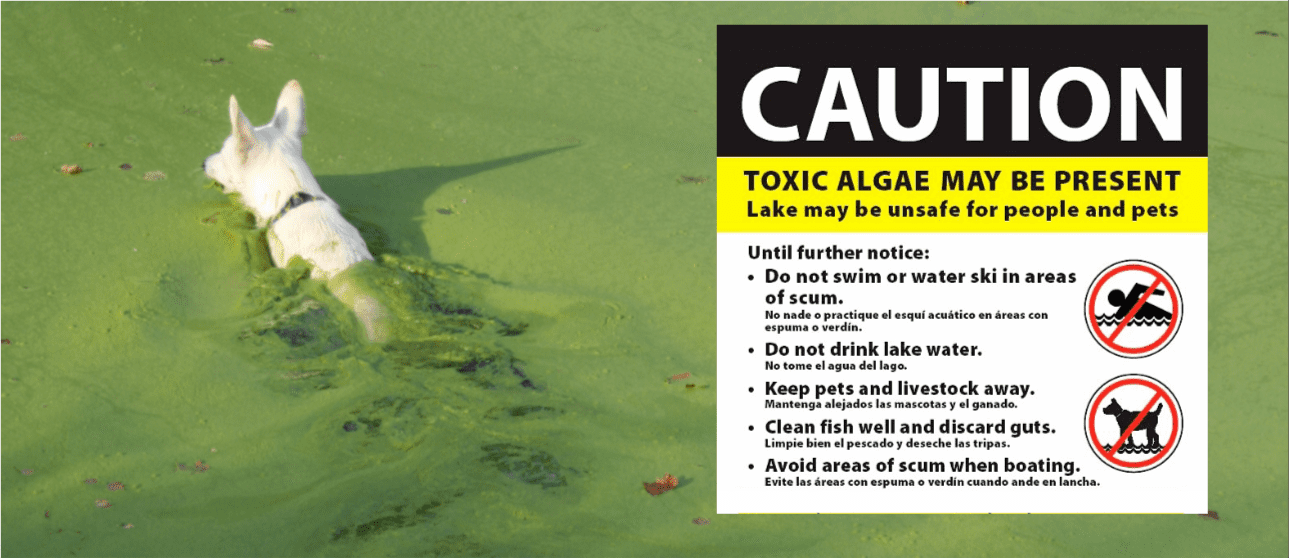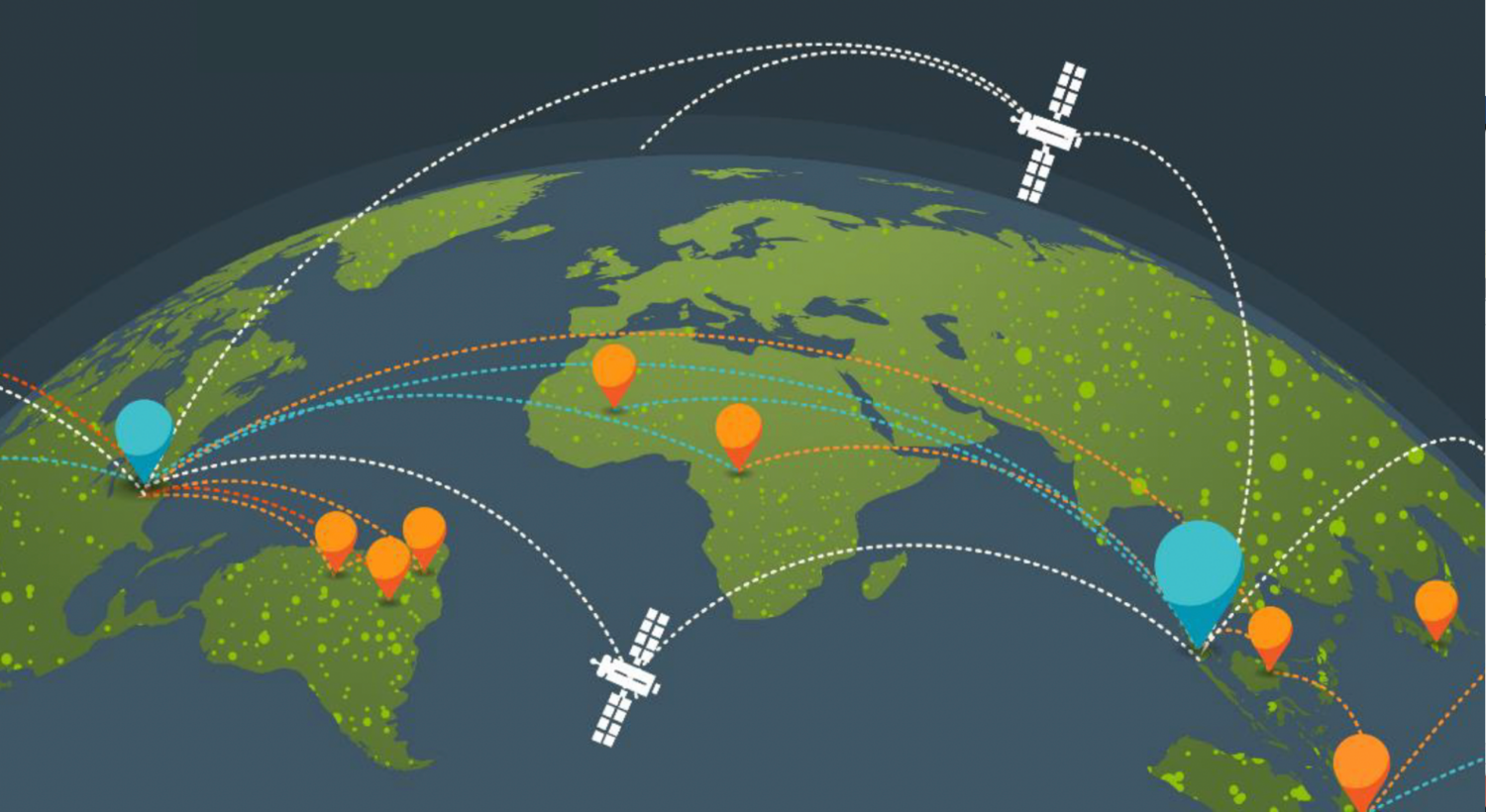
Flunking the Planet: America’s Leading Food Companies Fail on Sustainable Meat
Flunking the Planet: America’s Leading Food Companies Fail on Sustainable Meat

Meat is one of the most environmentally polluting products in the world — responsible for widespread water pollution, climate emissions, and the destruction of native ecosystems like rainforests and prairies. “Flunking the Planet” evaluated leading companies who have built their brand on providing sustainable options, such as Whole Foods, have no environmental standards for their meat, and in fact are buying from some of the most polluting companies in the country, including Tyson Foods and Cargill.
- Nineteen companies had no sustainability commitments for mitigating the environmental impacts of their sourced meat whatsoever. They all received an “F,” both for their overall scores and the individual scores for each highlighted issue.
- Walmart was the only company to earn above a failing grade, with an overall score of “D” for its supply-chain greenhouse gas emissions reduction goal, as well as agricultural programs focused on improving practices for corn and soy production and manure management.
- The food service industry that caters meals to universities and hospitals is doing the most to promote plant-based diets, with Aramark reporting that 30 percent of its menus offer non-meat options and Sodexo reducing beef consumption through its mushroom-blended burger initiative.

These companies serve our meals and sell us groceries, and they have significant control over the kind of meat that ends up on our dinner tables. Grocery stores like Walmart and Whole Foods and meal outlets like McDonald’s and Burger King have the power to set and enforce standards requiring better farming practices from suppliers. With customers, investors, and agricultural communities increasingly concerned about the meat industry’s environmental devastation, food companies need to demand better from their meat suppliers and provide customers with more sustainable options.
Meaty Consequences of Industrial Farming
Runoff pollution from industrial farms that produce animal feed is the main source of water contamination across the United States and causes a massive dead zone in the Gulf of Mexico each summer. According to a recent report, the top five meat companies, including Tyson Foods and Cargill, emit more greenhouse gases combined than Exxon-Mobil, Shell, or BP. The meat industry is also responsible for widespread destruction of native ecosystems, as new industrial agriculture expands onto rainforests and prairies around the world.

Mighty Earth’s reports ‘Mystery Meat I’ and ‘Mystery Meat II’ investigate and reveal the environmental devastation driven by the meat industry, and the companies responsible. These reports show that a small handful of powerful agribusinesses like Tyson and Cargill dominate the meat supply chain, and bare primary responsibility for driving the negative impacts as well as delivering solutions at scale. Click here to learn more about our work to hold the industry responsible for its environmental impacts in the United States and Latin America.

























